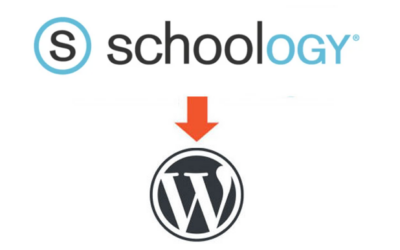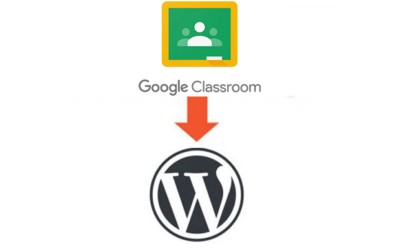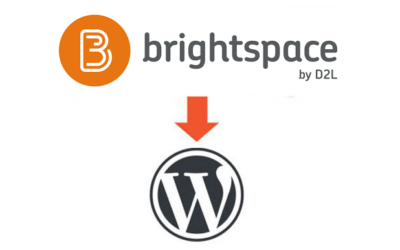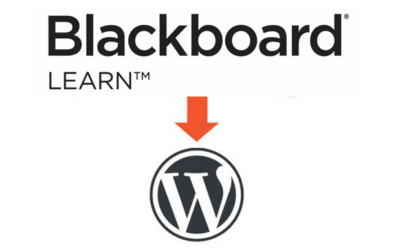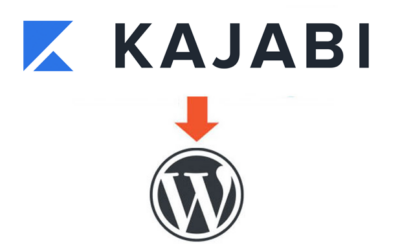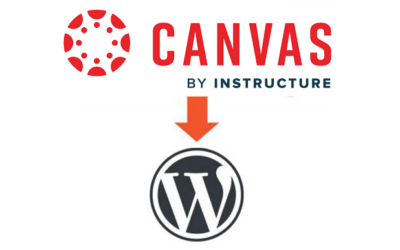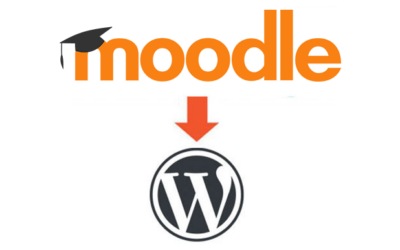WordPress is a popular CMS that allows users to create and manage websites, while a Learning Management System (LMS) is a specialised platform designed specifically for creating and managing eLearning content.
While WordPress can be used to create and manage eLearning content, it is not designed specifically for this purpose. WordPress offers a wide range of features and functionality, including website design, blogging, and e-commerce, among others.
In contrast, an LMS is focused solely on managing eLearning content, such as courses, quizzes, and assessments. An LMS typically offers features such as user management, course management, tracking and reporting, and assessment tools.
Overall, the key difference between WordPress and an LMS is their focus. WordPress is a general-purpose content management system, while an LMS is a specialised platform designed specifically for managing eLearning content.
There are several reasons why a business might consider moving from a traditional LMS to a WordPress LMS:
- Cost: WordPress LMS plugins can be more cost-effective than traditional LMS solutions. Many WordPress LMS plugins are available for a one-time fee or a yearly subscription, while traditional LMS solutions often require significant upfront investment and ongoing maintenance costs.
- Customisation: WordPress LMS plugins offer a high level of customisation and flexibility, allowing businesses to tailor the platform to their specific needs. This can be especially beneficial for organisations that require unique features or functionality that are not available in traditional LMS solutions.
- Ease of use: WordPress LMS plugins are typically easier to use and maintain than traditional LMS solutions. The WordPress platform is known for its user-friendly interface and intuitive content management system, which can make it easier for businesses to manage and update their eLearning content.
- Integration with existing WordPress site: If a business already has a WordPress site, it may be more efficient and cost-effective to integrate an LMS plugin into the existing site rather than investing in a separate LMS solution.
- Scalability: WordPress LMS plugins can be easily scaled to accommodate growing businesses and changing eLearning needs. This allows organisations to start with a small investment and expand their eLearning offerings as needed, without having to invest in a new LMS solution.
Migrating to WordPress LMS
Want to Migrate your Schoology LMS to WordPress?
WordPress and Schoology are both web-based platforms that are used for different purposes....
Want to Migrate your Google Classroom LMS to WordPress?
WordPress and Google Classroom are both digital platforms used for creating and sharing content....
Want to Migrate your Brightspace LMS to WordPress?
WordPress and Brightspace are two different software platforms that serve different purposes....
Want to Migrate your Blackboard Learn LMS to WordPress?
WordPress and Blackboard Learn are two different software applications with different purposes....
Want to Migrate your Kajabi LMS to WordPress?
WordPress and Kajabi are both platforms used to create websites and manage online content....
Want to Migrate your Canvas LMS to WordPress?
Canvas LMS is a popular learning management system that has been used by numerous educational...
Want to Migrate your Moodle LMS to WordPress?
WordPress and Moodle are two different types of platforms, but they share some similarities....


